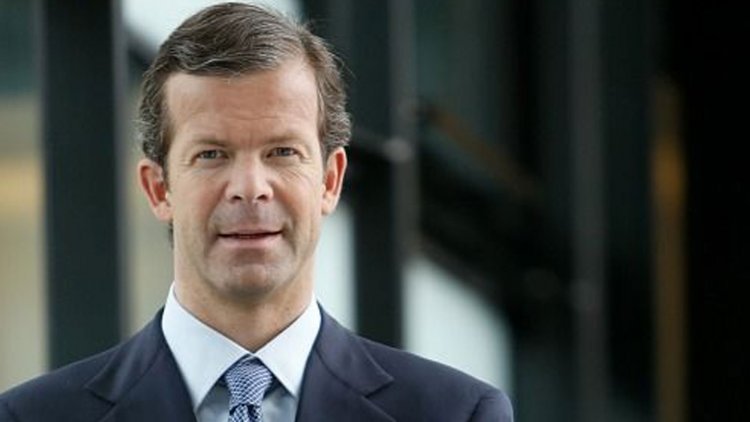To increase its presence in India, LGT Group is open to more acquisitions
According to the chairman of LGT Group, Prince Max von und zu Liechtenstein, India's private banking and wealth management industry has a lot of room for organic growth.

The largest family-owned private bank and asset manager in the world, LGT Group, is open to additional inorganic options in India to increase its reach.
The Liechtenstein-based private banker, which oversees more than $300 billion in assets globally, made its debut in India's expanding private banking and wealth management market by purchasing a majority stake in Validus Wealth, which is now known as LGT Wealth.
According to H.S.H. Prince Max von und zu Liechtenstein, Chairman of LGT Group, the private banking and wealth management industry in India has a great deal of room for organic growth.
However, von und zu Liechtenstein added, "we are open to any intriguing inorganic options to grow our firm.
High net worth people (HNI) and ultra-high net worth persons would use LGT Wealth as a top-tier, full-service platform, according to Liechtenstein. Our goal is to rank among the top three private client enterprises in the nation during the next five years, according to Liechtenstein.
Liechtenstein further emphasised the increased interest in private equity investments in India among HNI and super HNI clientele. The LGT Wealth chair stated, "We do see an increased desire from HNI/UHNI investors to commit part of their assets to this asset class.
Edited passages:
What drew you to India and motivated you to start a wealth management company here?
India has a sizable economy with rapid expansion. As a result, wealth has dramatically increased across the board. For families, access to high-quality financial guidance is still a challenge. The needs of HNI/UHNI families are likewise becoming more complex, and they are searching for a reliable, international partner for philanthropic endeavours, wealth planning, and investment solutions. We are thrilled to apply this knowledge and experience to a thriving domestic India platform and provide Indian families with the same high standard of service.
What are your goals for LGT Wealth, and how much money will the company invest in its activities in India?
For HNI and UHNI clients in India, LGT Wealth India aims to be a top-tier, full-service platform. In India, we already have a very skilled management group under the direction of private banking guru Atul Singh. With 200 senior workers and a distinguished clientele, the team has established a solid private client foundation. In addition to aiding families locally, we also want to help them globalise and have a diverse global exposure. Our goal is to rank among the top 3 private client businesses in the nation during the next five years.
In India, the concept of wealth management is still fairly new. What potential do you see for yourself as well as what problems do you perceive?
The demand side for wealth management in India is appealing. The economy is expanding, wealth is rising quickly, and financial advice is still grossly underutilised. We are convinced that there is a need for a global-local approach to client care and that there is a gap in the services currently provided to clients. While maintaining the flexibility that the Indian market at this time requires, we would like to bring the best of our global practises platform here.
If you wanted to increase your presence in the Indian market, would you consider acquisitions or would it be a more natural process?
There is a lot of opportunity for organic development given the growth drivers, but we are open to any intriguing inorganic alternatives to build our company.
What types of investments are your clients most frequently discussing?
Customers are more drawn to comprehensive platforms and wealth management solutions. Investment goods will remain the same, but openness, accessibility, and investment discipline are more crucial. Despite this, there has been an increase in demand from Indian clients for offshore and private equity investments. We are thrilled to serve all of our Indian customers' needs.
Over the past five years, there has been a significant increase in HNI and Ultra HNI investments in the private equity sector. Do you anticipate that the startup industry will see an increase in client demands?
Private equity has attracted a lot of interest as Indian entrepreneurs develop novel, disruptive business models that generate significant value. Additionally, the government has been supportive of entrepreneurs, which ought to maintain interest in the area. The desire of HNI/UHNI investors to invest a portion of their assets in this asset class is growing.
Why are HNIs and UHNIs showing such a keen interest in sustainable investment?
Our opinion is that traditional financial analysis performs best when combined with knowledge from sustainability studies. Private clients still make sustainable investments to a lower level even if the matter is now widely discussed in the institutional sector. We pay particular attention to the sustainability of our assets and help our clients make sustainable investment decisions.




 admin
admin 




















